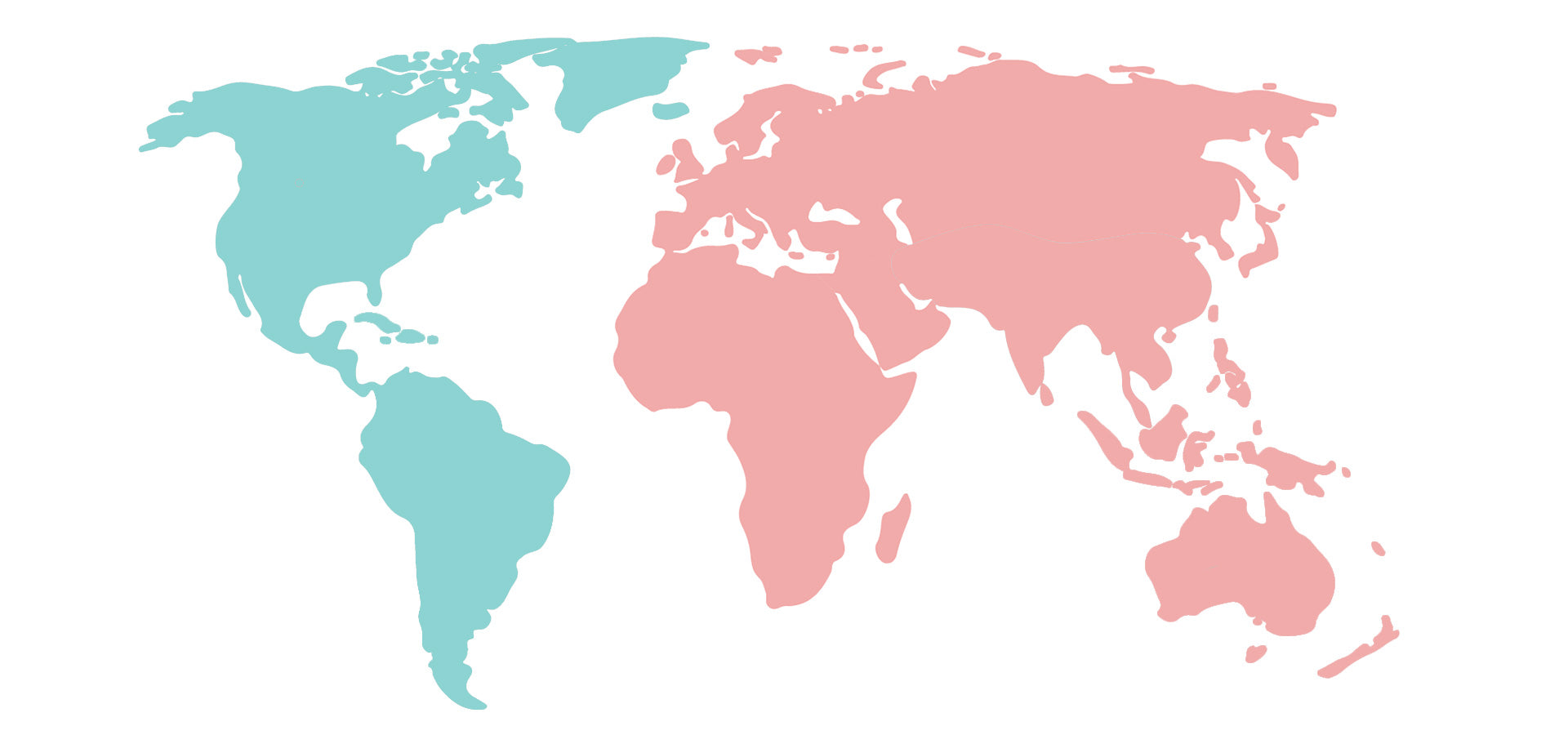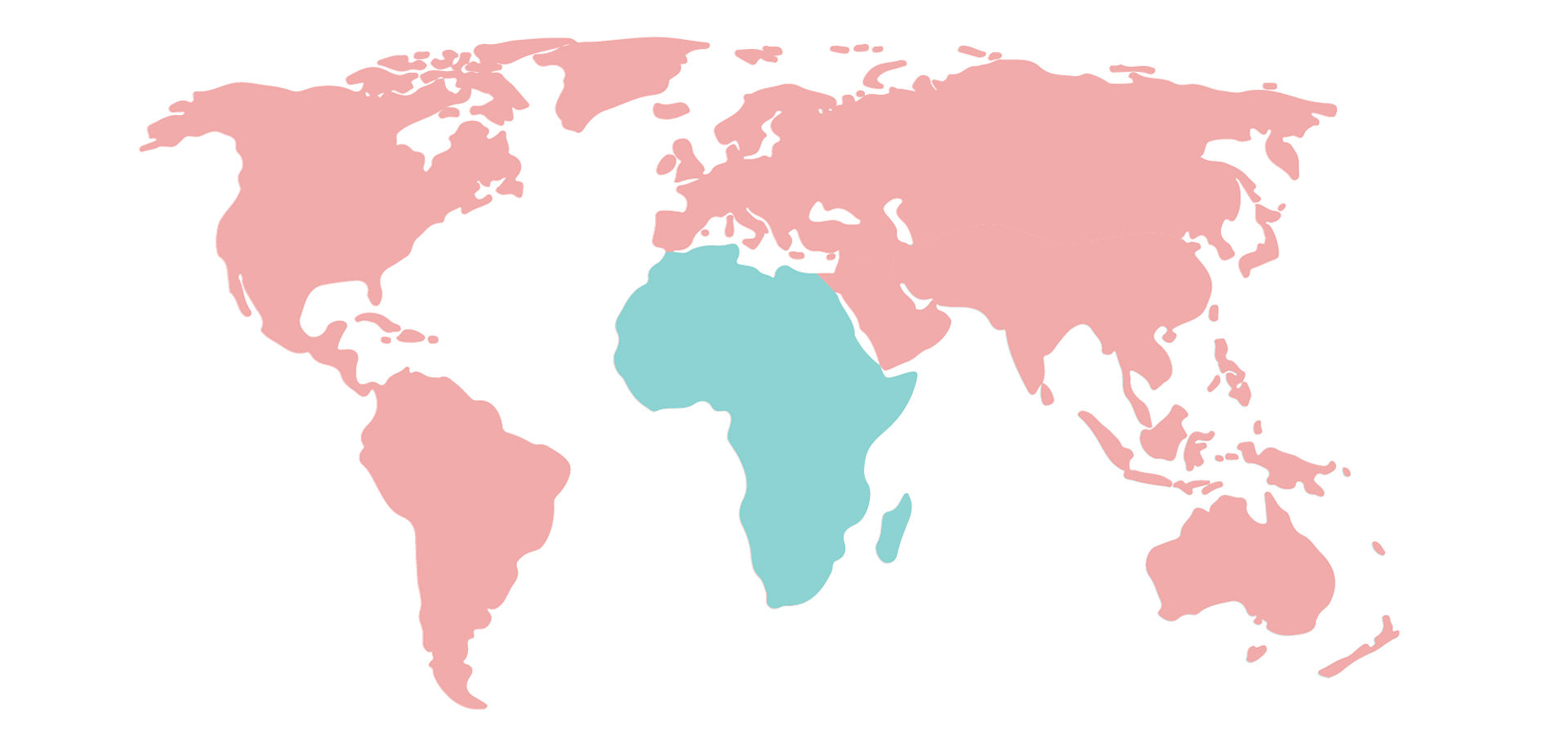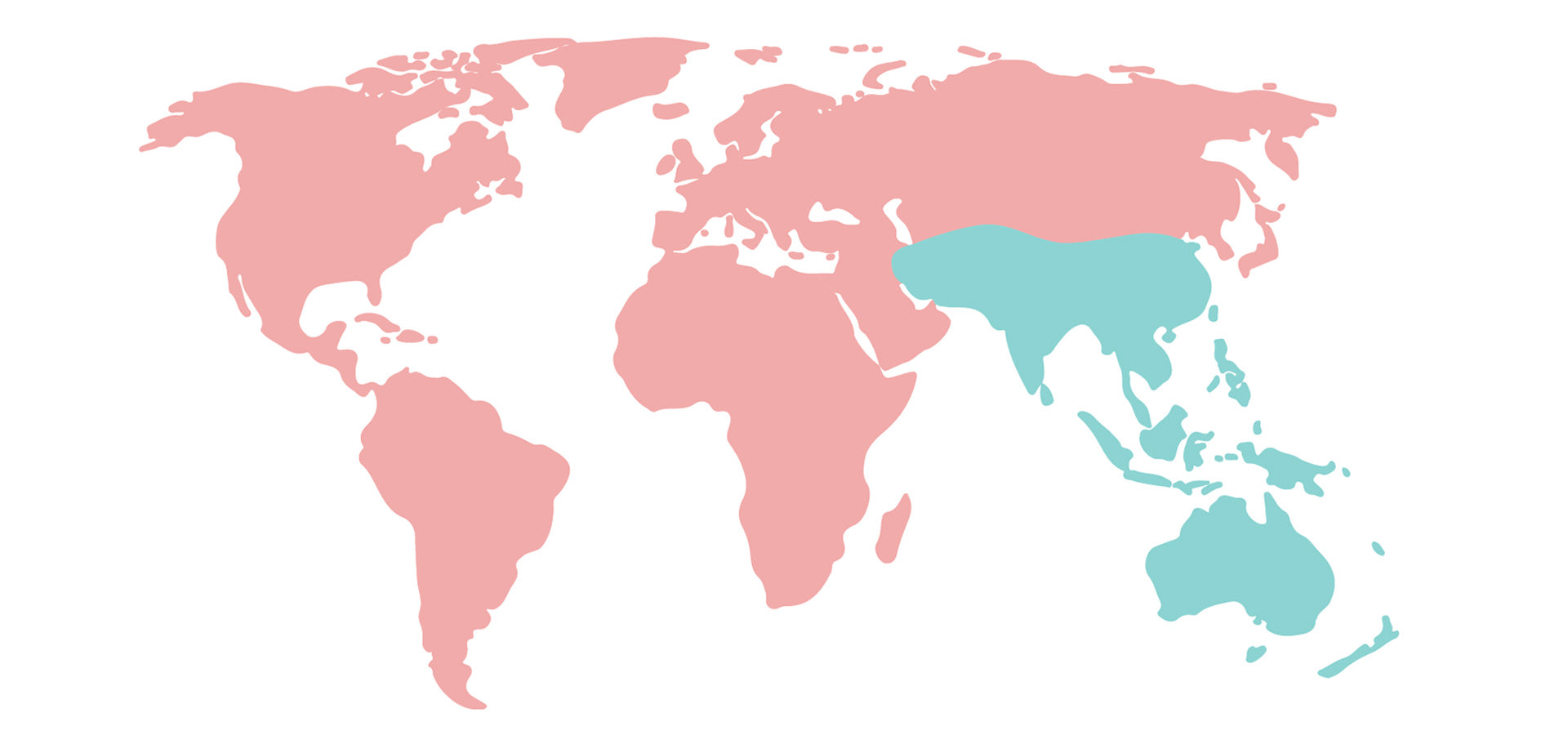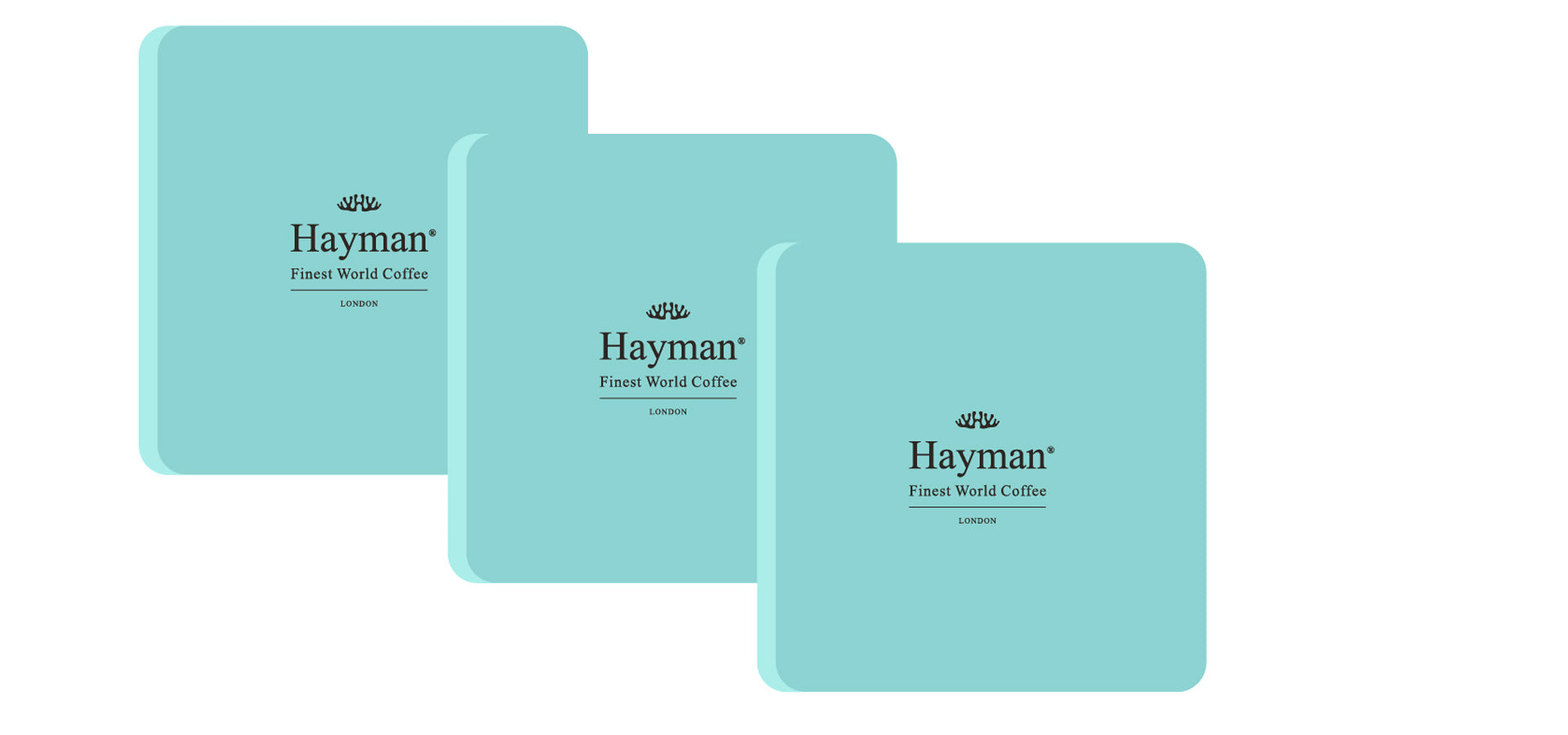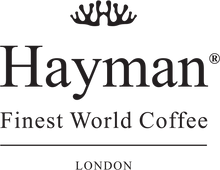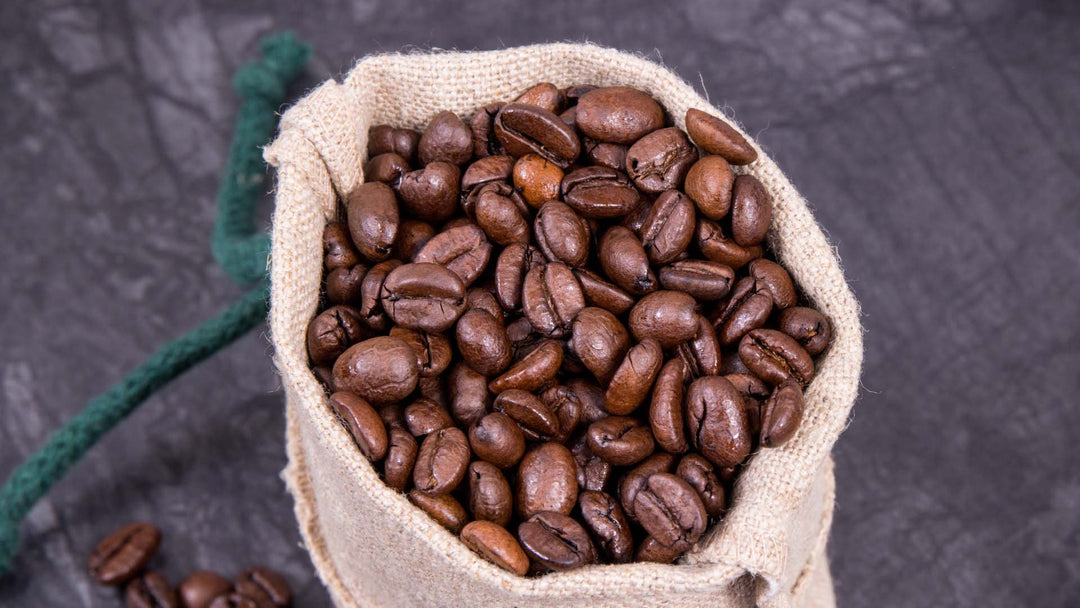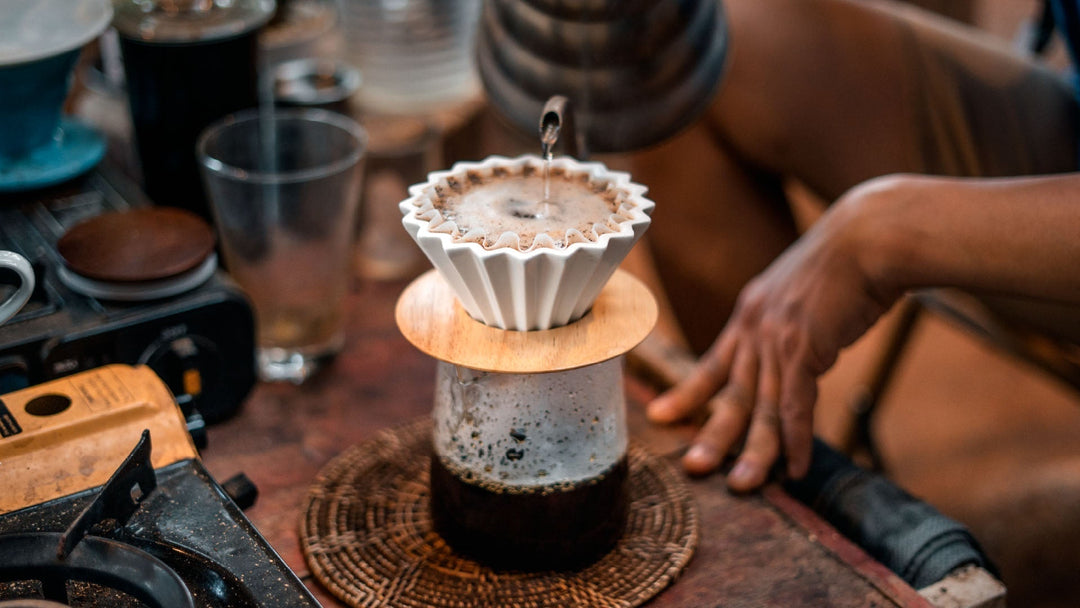What is Decaf Coffee? | Decaffeinated by Swiss Water Process
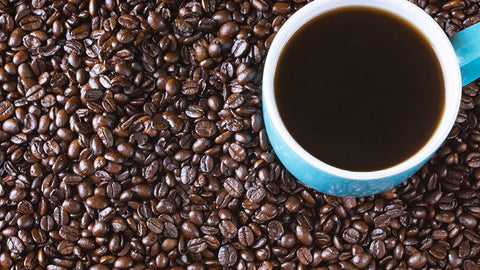
Demand for decaf coffee on a global basis has never been higher. As the third wave coffee movement continues to gain momentum, those who prefer decaf are becoming more discerning and demanding than ever before. The good news being that for the first time in a long time, opting for decaffeinated coffee doesn’t have to mean compromising on quality.
But what’s interesting is how despite the fact that millions prefer decaf or even stick with decaf exclusively, comparatively few know what decaf coffee really is. Or at least, have little to no idea about the specifics of decaf coffee. So with this in mind, we thought we’d share a few key insights into one of the world’s most popular yet widely misunderstood beverages.
Seriously… What is Decaf Coffee?
By definition, decaf coffee refers to coffee that has had at least 97% of its original caffeine content removed. Contrary to popular belief, decaffeinated coffee isn’t in fact 100% decaffeinated. It is practically impossible to remove absolutely every trace of caffeine from conventional coffee beans. This in turn means that all real coffee across the board has caffeine in it, though in the case of decaf is never more than 3%.
Does All Decaffeinated Have the Same Amount of Caffeine?
Not even close – another common misconception regarding decaf. In all instances, decaffeinated coffee has had at least 97% of its original caffeine content removed. Nevertheless, original caffeine content varies massively from one type of coffee to the next. Some coffee beans have twice the caffeine as others, so you could be looking at an entirely different caffeine content in your decaf. That said, the fact that only 3% or less remains means you won’t be looking at a great deal of caffeine in any instance.
How Do You Remove the Caffeine from Coffee?
There are various extraction methods for removing the caffeine from coffee – some of which are safer than others. While some companies continue to use potentially harmful solvents, the safest method is referred to as the Swiss Water Process®. This is essentially where pure water is used in conjunction with natural carbon filters to separate the caffeine from the coffee.
Is Decaf Coffee or Regular Coffee Better for You?
Believe it or not, research suggests that for the average adult, regular caffeinated coffee can actually have the most potential health benefits. Caffeine has been linked with an extensive array of positive and preventative health properties, which are inevitably removed from the equation when the caffeine is extracted. But at the same time, there are some who should not or cannot consume caffeine for health reasons. Likewise, drinking too much caffeine – anything more than around 5 cups of coffee a day – has the potential to lead to problems like elevated heart rate, difficulty sleeping at night, anxiety and so on.
Long story short therefore – it all comes down to the specifics of the individual in question!
At Hayman’s online coffee store, you will find the world’s best decaf. Contrary to most other decaf coffees, which are decaffeinated using potentially harmful solvents and chemicals, Hayman’s splendid Mexico Chiapas Organic Decaf is decaffeinated through the innovative Mountain Water Process (a method similar to the Swiss Water Process®), a 100% chemical-free decaffeination method. Click here to order our incredible Mexico Chiapas Organic Decaf today, we offer free worldwide shipping!
